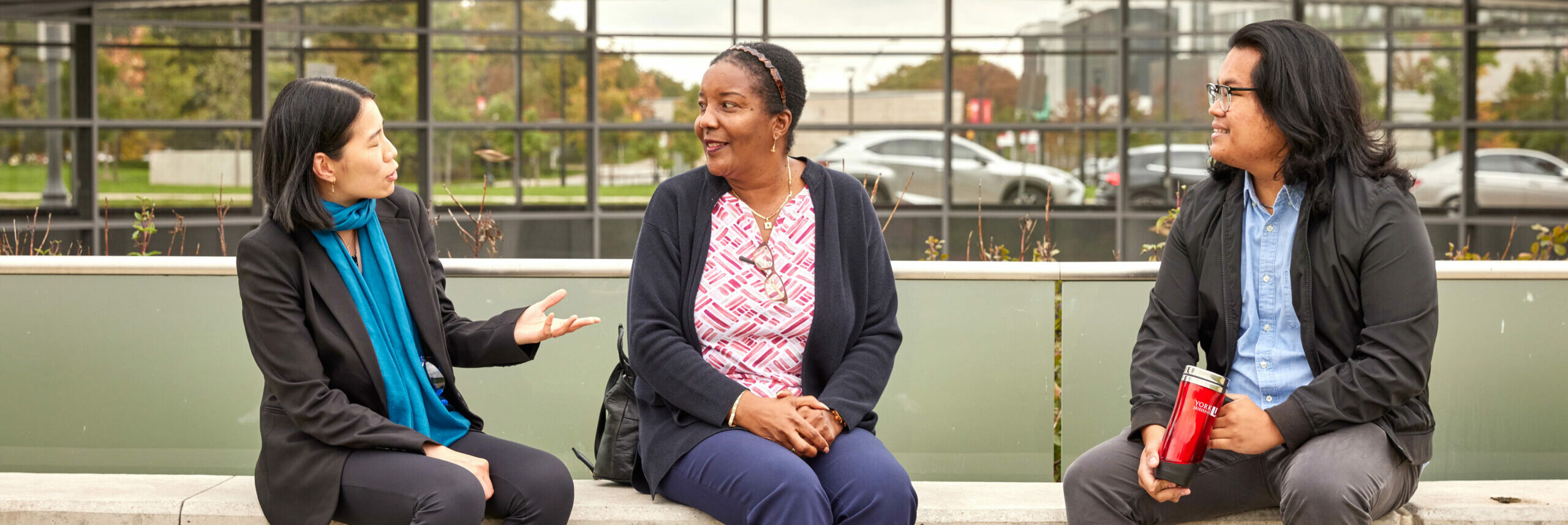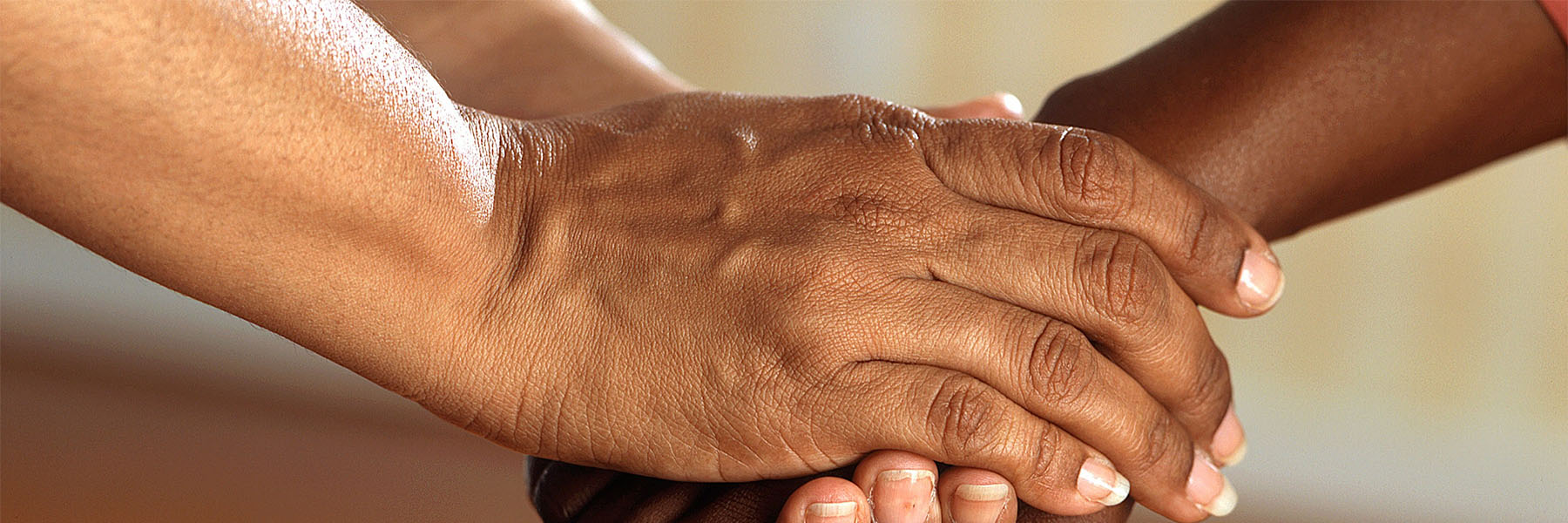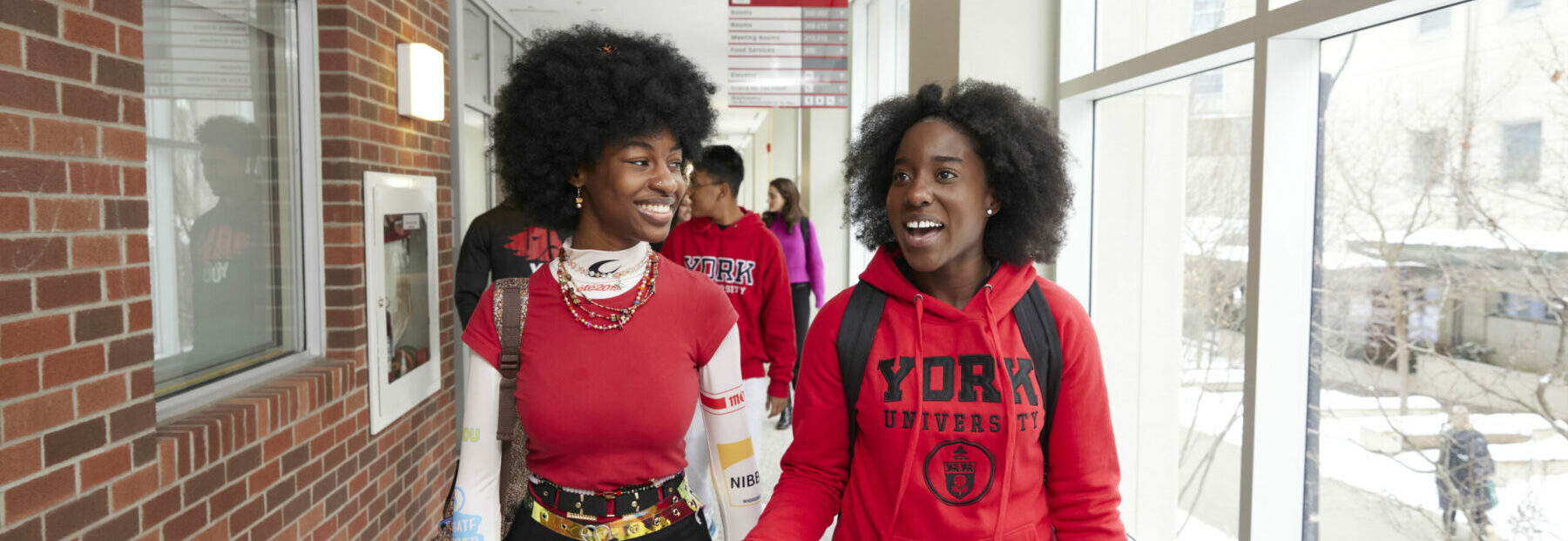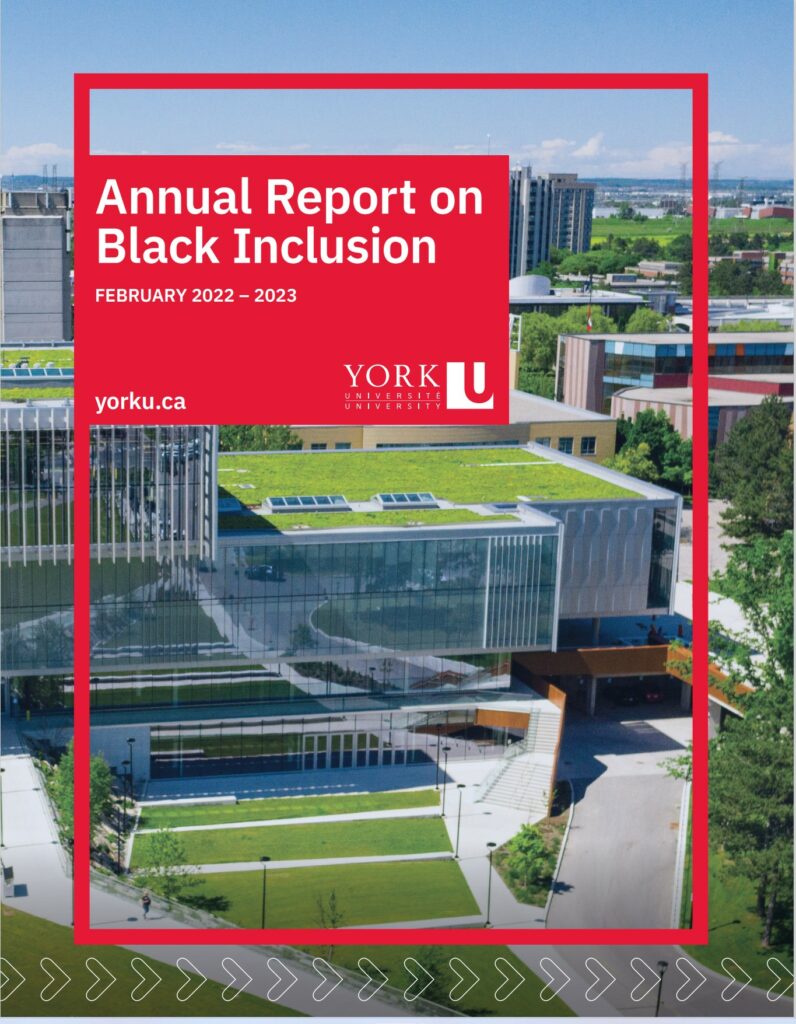La version française suit la version anglaise.
Dear York community,
Sept. 30 is the National Day for Truth and Reconciliation. It is a day intended for individuals and communities who reside in what is now known as Canada to learn and unlearn, reflect and act on the legacy of residential schools.
September was chosen to commemorate this occasion because this is when children traditionally start school and, for most children, their first day of school brings an emotional concoction of excitement and trepidation. Indigenous children who were forced to attend residential schools often associated attending school with fear and stress. This would become true for Phyllis Webstad, who arrived at a residential school wearing a new orange shirt made by her grandmother. Webstad’s story of having that shirt taken from her inspired the Orange Shirt Day movement.
The legacy of residential schools is a complex mix of personal and intergenerational trauma, resulting in the erosion of culture, frayed family bonds and the loss of language. The colonial structures of educational and other public institutions still cause harm to Indigenous, Metis and Inuit Peoples and communities, and we need to be attentive to the struggles these communities face when, for example, they call for a search of a Winnipeg landfill for two missing and presumed murdered Indigenous women. A recent landmark ruling by the Canadian Human Rights Tribunal approving $23.3 billion in compensation for First Nations children and families who experienced institutional racism in Canadian child welfare systems signals both increased awareness of the effects of our policies and a willingness to begin to address them.
York has taken some important steps in our own reconciliation journey. We acknowledge the work of those individuals that led to the development of the Indigenous Framework (2017), which continues to serve as a helpful guide to action for the University, its divisions and Faculties. But much remains to be done, and it will take the unwavering response of our entire community in our personal and professional lives to advance the principles it espouses.
This year, we have encouraged community members to engage in learning about residential schools and their legacy through a variety of media, which is also the theme for the culminating event this week, taking place on Thursday, Sept. 28 from 11 a.m. to 12:30 p.m. This event is hybrid, and for those who are on campus, we encourage you to attend in person for a more enhanced community experience. All details are available on York’s website for the National Day for Truth and Reconciliation, along with links to resources for learning and other events.
Let us all be open to learning more about the legacy of residential schools, to better understanding other colonial practices and policies, and the ongoing impacts of Canada’s history.
We know that this day, as well as its events and messages, may be difficult for many Indigenous members of our community, especially those who are survivors or with close personal or family ties to experiences in the residential schools, and we encourage all community members to please be kind to one another. Support is available for survivors and those affected through the Indian Residential Schools Survivors Society at 1-800-721-0066 or through the 24-hour crisis line at 1-866-925-4419. Supports are also available to the York community, and these are listed on the Mental Health and Wellness site and through the Employee and Family Assistance Program.
Thank you. Merci. Miigwech. Anushiik.
Rhonda Lenton
President and Vice-Chancellor
Alice Pitt
Interim Vice-President Equity, People & Culture
Susan D. Dion
Associate Vice-President, Indigenous Initiatives
Déclaration de l’Université à l’occasion de la Journée nationale de la vérité et de la réconciliation
Chers membres de la communauté de York,
Le 30 septembre est la Journée nationale de la vérité et de la réconciliation. Cette journée est l’occasion pour les personnes et les communautés, qui résident dans le pays que nous appelons aujourd’hui le Canada, d’apprendre, désapprendre, réfléchir et passer à l’action relativement à l’héritage des pensionnats autochtones.
Le mois de septembre a été choisi pour cette commémoration parce que c’est habituellement la rentrée scolaire. Pour la plupart d’entre eux, le premier jour d’école est un mélange d’excitation et d’appréhension. Les enfants qui étaient obligés de fréquenter les pensionnats autochtones associaient souvent l’école à la peur et au stress. C’était le cas de Phyllis Webstad qui est arrivée dans un pensionnat en portant un nouveau chandail orange confectionné par sa grand-mère. L’histoire de Mme Webstad, dont le chandail a été confisqué, a inspiré le mouvement de la Journée du chandail orange.
L’héritage des pensionnats autochtones est un mélange complexe de traumatismes personnels et intergénérationnels qui ont entraîné l’érosion de la culture, l’effritement des liens familiaux et la perte de la langue. Les structures coloniales des établissements d’enseignement et d’autres institutions publiques continuent de nuire aux nations et aux communautés autochtones, métisses et inuites. Nous devons prêter attention aux luttes de ces communautés lorsqu’elles demandent, par exemple, que l’on fouille une décharge de Winnipeg pour essayer de retrouver deux femmes autochtones disparues et présumées assassinées. La récente décision de principe du Tribunal canadien des droits de la personne approuvant une indemnisation de 23,3 milliards de dollars pour les enfants et les familles des Premières Nations victimes de racisme institutionnel dans les systèmes canadiens de protection de la jeunesse témoigne à la fois d’une prise de conscience accrue des effets de nos politiques et d’une volonté d’y remédier.
York a réalisé des avancées importantes sur la voie de la réconciliation. Nous tenons à souligner le travail des personnes qui ont permis d’élaborer notre Cadre autochtone (2017) qui sert aujourd’hui encore de guide d’action à l’Université, à ses divisions et à ses facultés. Il reste néanmoins beaucoup à faire. La mobilisation constante de toute notre communauté sur le plan personnel et professionnel sera nécessaire pour faire avancer les principes qu’elle défend.
Cette année, nous invitons les membres de la communauté à s’informer sur les pensionnats et leur héritage grâce à divers médias; ce sera aussi le thème de l’événement marquant de cette semaine qui aura lieu le jeudi 28 septembre de 11 h à 12 h 30. Cet événement sera hybride, mais si vous êtes sur le campus ce jour-là, nous vous encourageons à y assister en personne pour mieux vivre cette expérience collective. Tous les détails de la Journée nationale de la vérité et de la réconciliation ainsi que des liens vers des ressources d’apprentissage et d’autres événements sont affichés sur le site Web de York.
Nous devons faire preuve d’ouverture pour en apprendre davantage sur l’héritage des pensionnats et pour mieux comprendre les autres pratiques et politiques coloniales, ainsi que les répercussions durables de l’histoire du Canada.
Nous savons que cette journée ainsi que ses événements et ses messages peuvent être difficiles pour de nombreux membres autochtones de notre communauté, tout particulièrement les personnes survivantes ou celles qui ont des liens personnels ou familiaux étroits avec la réalité des pensionnats. Nous demandons à tous les membres de la communauté d’être bienveillants les uns envers les autres. Les survivants et autres personnes concernées peuvent obtenir du soutien auprès de l’Indian Residential Schools Survivors Society en composant le 1-800-721-0066 ou auprès de la ligne d’écoute téléphonique, en tout temps, au 1-866-925-4419. La communauté de York offre aussi divers services de soutien, énumérés sur le site Web Le bien-être à York, ainsi que dans le cadre de son Programme d’aide aux employés et à la famille.
Merci. Thank you. Miigwech. Anushiik.
Rhonda Lenton
Présidente et vice-chancelière
Alice Pitt
Vice-présidente intérimaire de l’équité, des personnes et de la culture
Susan D. Dion
Vice-présidente associée aux initiatives autochtones










